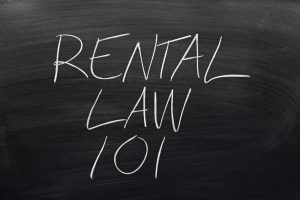
A non-payment proceeding is a type of eviction proceeding where the landlord is seeking to evict the tenant based on the tenant’s failure to pay rent. In a non-payment proceeding, the money sought by the landlord must be back rent or additional rent only, not money for repairs or damages; and it must have accrued in the past 6 months only. You cannot collect back rent from more than six months ago. This is known as the doctrine of stale rent, or more properly, “laches,” and it is like a statute of limitations on lawsuits for rent. At least five days after the rent is due, the landlord must also have sent a notice to the tenant by certified mail informing the tenant that the landlord has failed to receive the rent within five days of its due date. After that the landlord must arrange to have a 14-day notice served on the tenant before bringing a non-payment proceeding. The 14-day notice essentially demands that the tenant pay all of the back rent in full within 14 days, or move out. It lets the tenant know that if he does neither, the landlord will evict him. At the expiration of the 14-day timeframe, if the tenant still has not paid all rent due and owing, or moved out, the landlord may file a non-payment proceeding.
It is important to note that the 14-day notice must be served in the same manner as a petition. This means that the landlord cannot serve the notice personally, it must be served by a non-party like a process server. If you fail to meet the exacting service requirements for serving the 14-day notice, your petition will be dismissed by the court. Of course, if we are retained as your eviction lawyers, we take care of all of this for you.
One other important factor to keep in mind with non-payment proceedings is that although it often a faster proceeding compared with a hold-over proceeding, bear in mind that if your tenant shows up to court and pays all the back rent you are claiming in your petition, your petition will be dismissed, and you will not be able to evict your tenant (at least, not based on non-payment grounds). So, if you have a situation where your tenant is volatile, or you simply want him to leave, you may be better off bringing a hold-over proceeding as opposed to a non-payment proceeding to evict your tenant, even if rent is also an issue. If you’re not sure which type of eviction proceeding is best for you, please give me a call, right now, and I’ll be happy to speak with you for free.


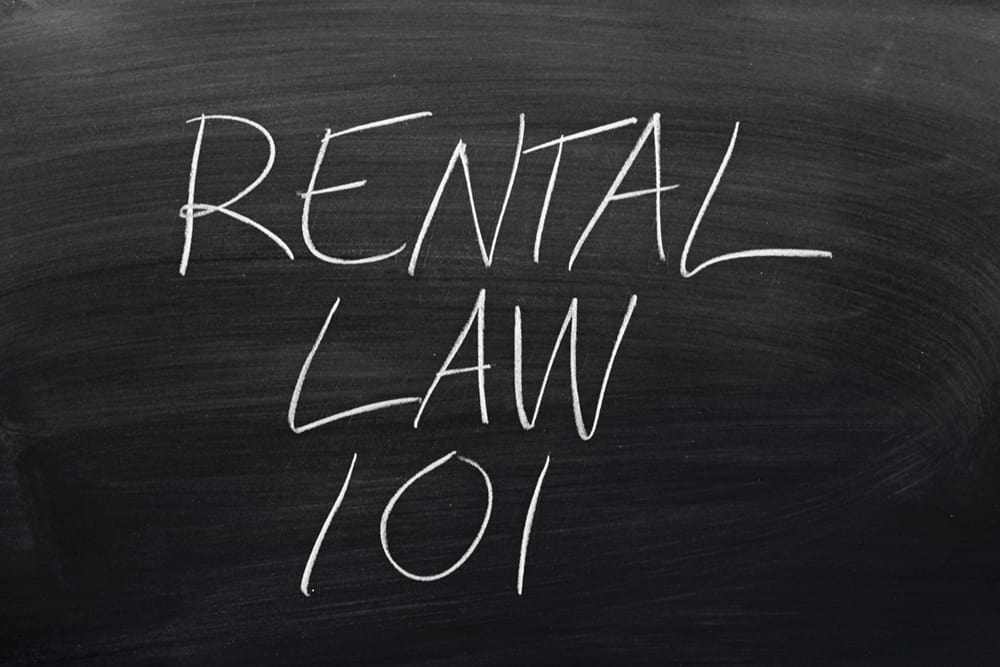


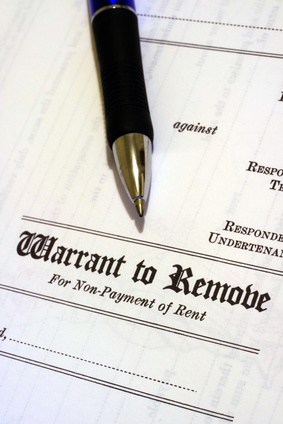
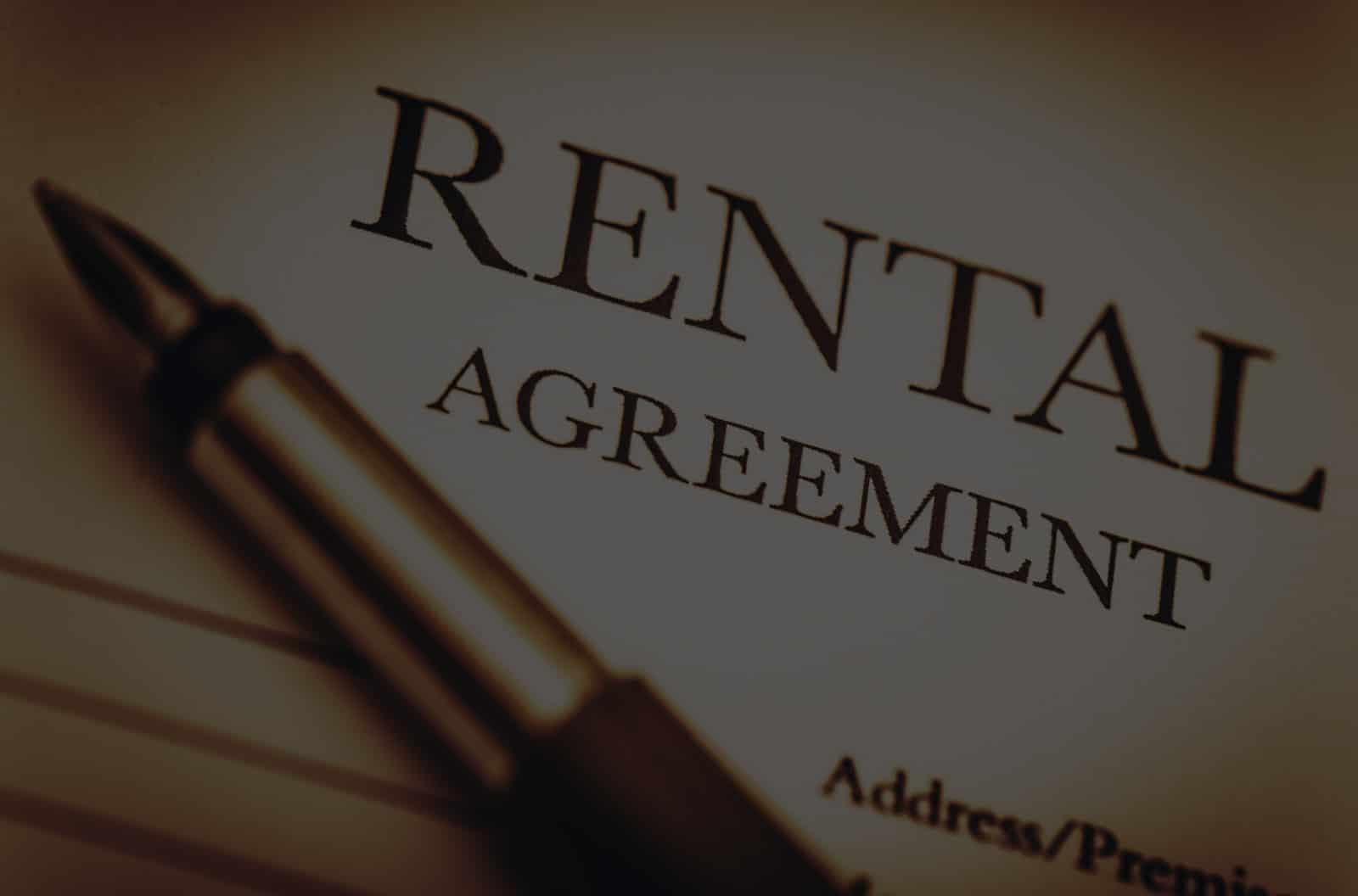

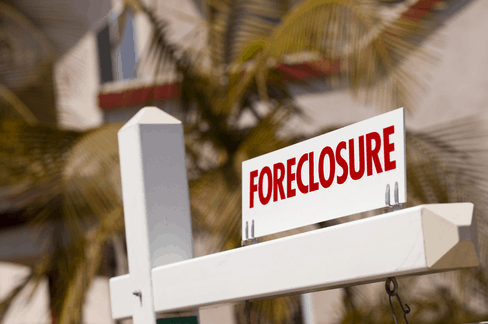

Join the discussion 3 Comments